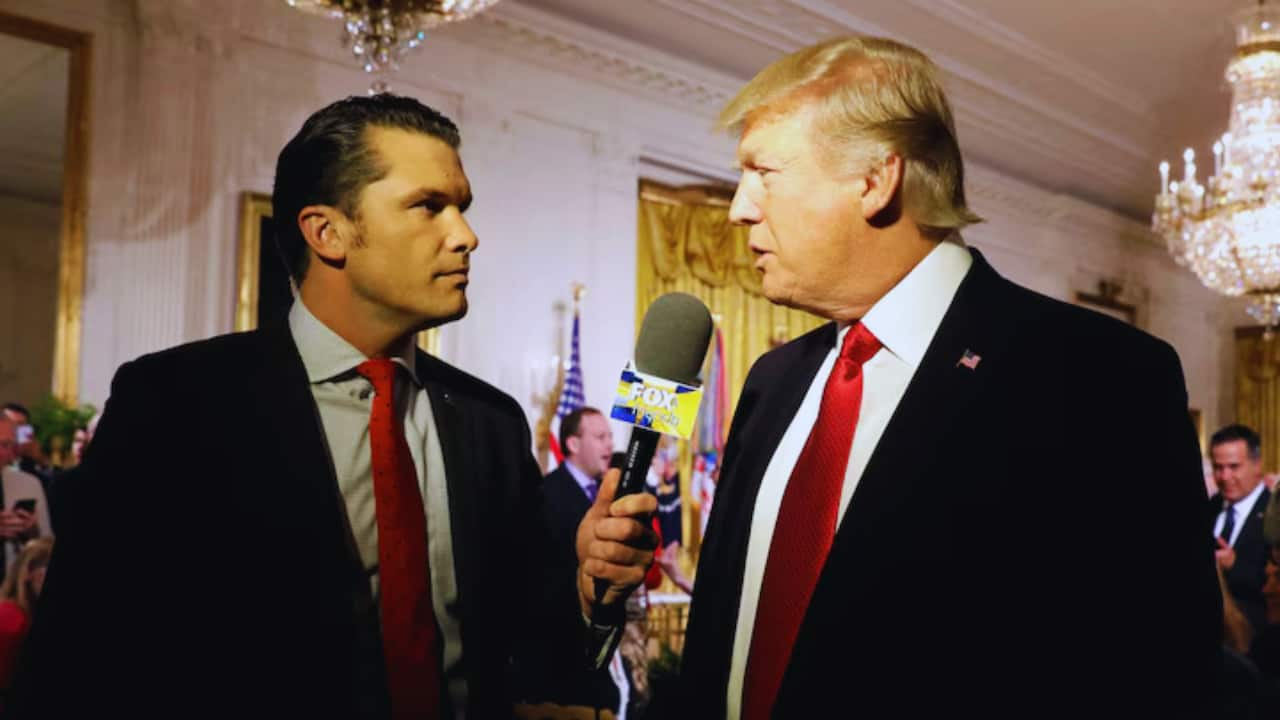Breaking: Historic Breakthrough Looms as Lebanon and Hezbollah Signal Support for US Peace Plan
As a veteran Middle East correspondent, I’ve witnessed numerous attempts at peace in this volatile region. Today marks what could be a pivotal moment in the ongoing Israel-Lebanon conflict, with Hezbollah and Lebanese officials giving preliminary approval to a US-backed ceasefire proposal.
The developments are moving quickly. US envoy Amos Hochstein is heading to Beirut for crucial talks after Lebanon responded “positively” to the peace plan. This represents the most serious effort yet to end the fighting that has raged since October 2023.
Here’s what we know about the proposed deal:
- A 60-day pause in fighting
- Israeli forces would pull out of southern Lebanon.
- The Lebanese army would deploy near the border.
- Hezbollah would move heavy weapons north of the Litani River.
- All terms align with UN Resolution 1701 from 2006.
The human cost of this conflict has been steep. Over 60,000 Israelis have fled their northern communities. The fighting has claimed the lives of:
- 44 Israeli civilians
- 70 Israeli soldiers
- Roughly 3,000 Hezbollah fighters
- Hundreds of Lebanese civilians
But challenges remain. Israel’s demand for “operational freedom”—the right to strike Hezbollah even after a ceasefire—remains a key sticking point. Israeli Finance Minister Bezalel Smotrich called this “non-negotiable,” while Lebanese officials say such a provision would be unacceptable.
Lebanese Prime Minister Najib Makati wants face-to-face talks with Hochstein to clarify some “unclear points.” Meanwhile, Israeli Prime Minister Benjamin Netanyahu has stressed that Israel won’t let Hezbollah return to its pre-October 2023 strength.
The timing is crucial. With the region on edge and civilian casualties mounting, pressure is growing for a diplomatic solution. US officials believe there’s better than a 50% chance of reaching a deal, though they caution nothing is certain.
What makes this peace effort different? For the first time, Hezbollah has agreed to separate the Lebanon fighting from the Gaza conflict. This marks a significant shift in their position and could pave the way for broader regional stability.
The stakes couldn’t be higher. A successful deal could:
- Allow displaced civilians to return home.
- Restore calm to the Israel-Lebanon border.
- Create momentum for peace in Gaza.
- Reduce tensions across the Middle East.
As negotiations continue, all eyes are on Beirut. Will this be the breakthrough the region desperately needs, or another failed attempt at peace? The coming days will be critical.
The reporter’s statement is based on current information as of November 2024. Given the fluid nature of Middle East diplomacy, readers should check the latest developments.
Would you like me to explain any specific aspect of these developments in more detail?
